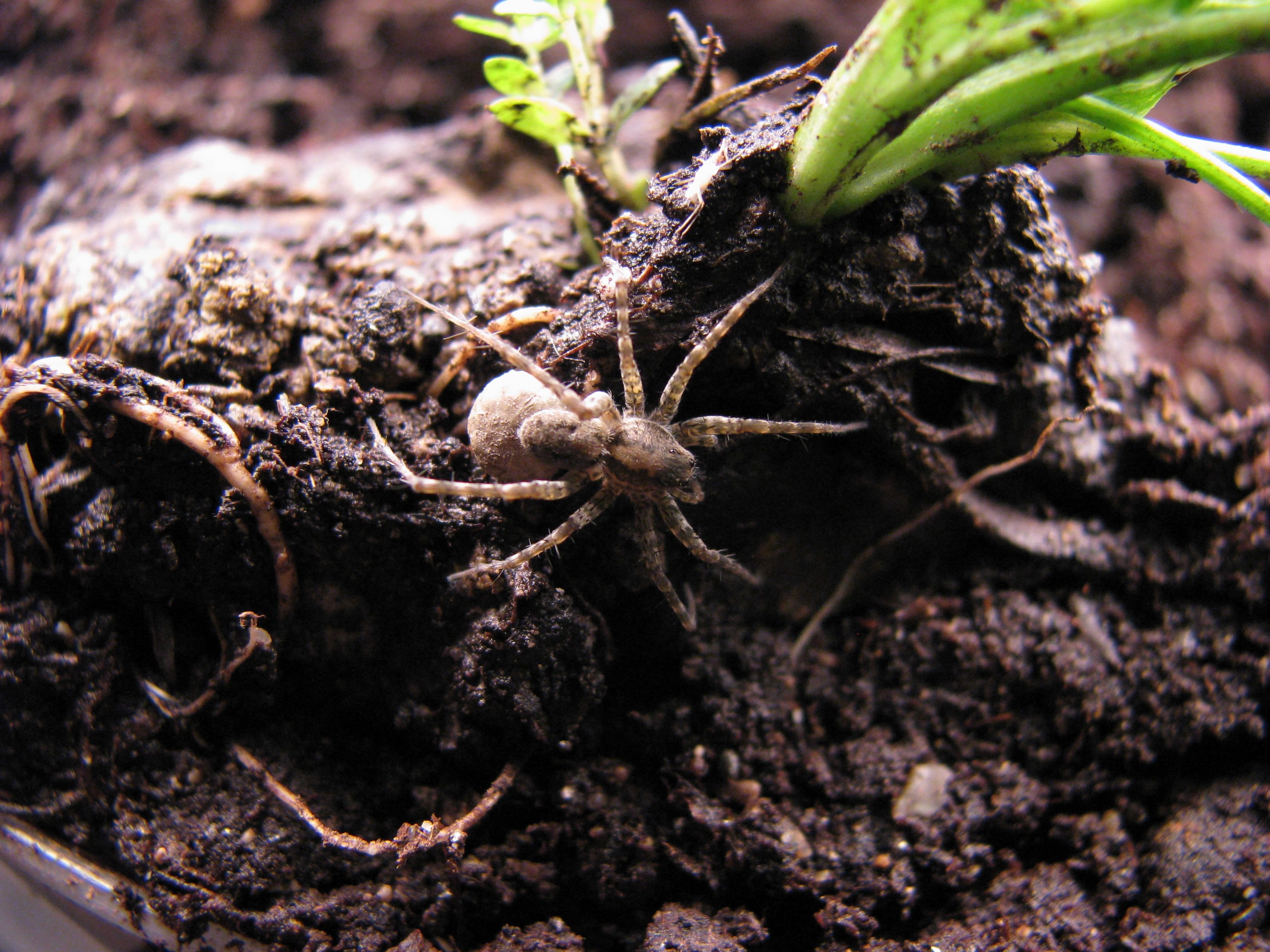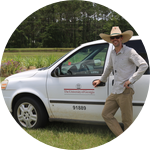About This Project
Spiders are beneficial predators that eat a variety of pest insects in gardens and agricultural fields. Our research will focus on the long-term research question: how do we conserve spider diversity through native wildflower plantings? Bees have received considerable research effort to improve pollination. Research is needed on spider responses to wildflowers. To address this question, wildflower plots will be established to monitor bloom date, and spider occurrence.
Ask the Scientists
Join The DiscussionWhat is the context of this research?
Habitat destruction and agricultural chemical use have damaged natural ecosystems, and have contributed to biodiversity loss. Simplified agricultural land requires intensive management to maintain food production. In doing so this land now contributes comparatively little to biodiversity and lacks natural functioning mechanisms. Importantly, intensive land-use leads to biodiversity loss of beneficial predators such as spiders. While spiders can offer free control of problematic pests through predation, they require diverse habitats to maintain populations. With the current scare of losing critical biodiversity of bees for pollination is a second scare of losing species like spiders that contribute to control of pests. We should all be concerned and work together to find solutions
What is the significance of this project?
Preserving and promoting biodiversity is important for safe and healthy production of food and for long-term food security. Native bee loss has generated a lot of attention and is one important aspect of biodiversity. There is growing evidence that one way to improve native bee biodiversity and crop pollination is to restore areas of agricultural landscapes with native grasses and wildflowers. Native predator loss is also occurring and requires further research especially on how proposed wildflower plantings benefit and attract spiders and other predators. One idea is that what is good for bees is good for spiders. This would be wonderful because restoring habitat for bees would be complimentary with restoring habitat for spiders important for natural control of pests.
What are the goals of the project?
We are testing whether planting wildflowers can improve sustainable management of home gardens, small farms and large agriculture. To do this, we will collect data on native wildflower bloom period and collect spiders from flowering plants. These data will provide a measure of attraction of spiders to specific wildflower plants. We will also monitor whether wildflowers are attracting pest insects that would be a problem to home gardens or agricultural commodities. Analysis of these associations between wildflowers and spiders will identify which flowering types attract the most diverse spiders communities. Our research and corresponding analysis will help inform the public and food production industry on wildflower plantings for improving biodiversity and pest management.
Budget
This project is part of a larger project funded through the USDA on designing border habitats for improving diversity in agricultural landscapes. The project here is not currently a funded project. We request funds to establish single species of wildflowers on three of the experimental farms owned by the University of Georgia. We kindly ask supporters to help with providing support for a summer intern (10 weeks of research period@ $9/hr). We will search for an intern that is interested in horticulture/ entomology and comes from either an underserved portion of the community or a veteran that is looking to move to a career in agriculture. The field sites are on average 10-20 miles from campus, so additionally we ask for support for driving to and from field sites for monitoring (total anticipated miles 1250 @ $0.54/mile-$700). We also request funds to offset costs to provide the intern the experience of presenting results at a scientific meeting ($300).
Meet the Team
Affiliates
Team Bio
The project team includes myself as Principle Investigator, supported by a team of associated scientists (http://www.ent.uga.edu/personnel/Schmidt/index.html). The primary team is made of my laboratory technician with over 15 years of experience in Georgia entomology, and a graduate student that has expertise in horticulture and insect identification. Together the team has the expertise needed and facilities needed to achieve the project goals and work with the community
Jason Schmidt
As Assistant Professor of Entomology at The University of Georgia my goals are to deliver biological control strategies to the stakeholders of large agricultural crops, and to provide robust scientific discovery on arthropod communities and associated trophic interactions. I am just beginning to build my own laboratory focused on these initiatives but bring experience from my PhD and post-doctoral years in ecology, insect ecology, spider ecology, and agroecosystem management. My current projects span many areas of agroecosystem topics from spatial structure to the effects of within field management on beneficial populations. I specialize in spiders as a predatory group of interest to agriculture and an important beneficial arthropod for long-term food security. My research focus is on applied research to work towards more sustainable solutions to food production that balance the use of human management practices with improving or planning for biodiversity. More can be found on my website and on Research Gate.
Shereen Xavier
I am a second year graduate student in Entomology working under Dr. Schmidt at University of Georgia. I received my bachelors and masters in Forestry from Tamil Nadu Agricultural University, India. My research interests apply to plant insect interactions, beneficial insects and conservation of native biodiversity. My graduate research examines the influence of native wildflowers on the population of beneficial arthropods and I am also trying to understand the trophic linkages within the border habitats consisting of the wildflowers.
Additional Information
Female wolf spider, Pardosa milvina, with egg sac looking for a place to hide.

Project Backers
- 78Backers
- 91%Funded
- $2,727Total Donations
- $34.52Average Donation

